
How free AI is eating up your personal data?
In the digital age, AI has become a familiar tool from writing emails, translating text to creating images in just a few seconds. Many platforms "give" users free experiences, but the big question that few people ask is: what is the price of that free? And is personal data from the lines you type to emotions when chatting being exploited in ways you don't expect?
The price of "free" AI
AI doesn't exist in a vacuum. To improve, models need to learn from the data users provide.
When you type a text, a CV or even paste a work document, it is likely to become the raw material for AI training. That means when you are not paying with cash, you are essentially paying with personal data.
Where does personal data go after being entered into AI?
In most cases, the data is sent directly to the provider’s servers, like OpenAI, Google, or Anthropic, for storage, analysis, and model improvement. Some of the data may be shared with third parties, often for behavioral analysis, advertising, or research.
Some companies claim to only store data temporarily and not record conversations, but in reality it is difficult to verify the level of transparency.
What is even more worrying is the risk of leaks. In 2023, ChatGPT Plus had an incident where users' credit card information was leaked, showing that the risk is always present.
Little known facts

AI can even analyze the way you type and convert it into data.
The scary part is not just the data you actively enter. Some AI platforms also analyze the way you type, speed, latency, and spelling errors to infer age, habits, or mood.
Data that is promoted as “anonymous” is actually not secure, because studies show that with just a few basic information such as age, gender and location, the system can re-identify up to 90% of individuals.
Another little-known fact is that many free AI apps are actually “fed” by public social media data. Many apps can automatically make suggestions based on your personal Facebook or TikTok posts, even if you never gave them permission.
Data can also cross borders in a split second. A paragraph you type in Vietnam could end up on a server in the US or China, beyond the reach of domestic law.
The trend of emotional data mining is also emerging, with some conversational AIs not only analyzing handwriting, but also “reading” tone of voice and response speed to determine the user’s mental state.
Controversial True Stories
International controversies have highlighted the sensitivity of the issue. In 2023, Zoom faced a backlash when its terms of service revealed that the company could use call data to train AI.
Samsung had previously had an incident where an employee accidentally leaked confidential documents by entering them into ChatGPT, forcing the company to issue an absolute ban on the app.
JPMorgan Chase, one of the world's largest financial institutions, also blocked all ChatGPT access for employees, to prevent the risk of customer data leakage.

Data security is always a big question for free AI
Why are Vietnamese people vulnerable to "data theft"?
In Vietnam, users tend to prefer "100% free" applications, even downloading clone apps or accessing websites that impersonate famous platforms.
These applications have almost no clear privacy policy, so personal data is easily "sucked" to strange servers. This reality creates a cybersecurity gap that high-tech criminals can take advantage of for profit.
What can users do to protect themselves?
Individual users can minimize risk by carefully reading privacy policies before use, although this is often overlooked due to length and complexity.
More importantly, you should not enter any sensitive information such as ID numbers, credit cards or internal documents.
For mission-critical work, a paid AI version or an enterprise plan with a clear privacy commitment is a safer choice.
In addition, it is necessary to absolutely separate the use of free AI for personal needs and the handling of professional work, to avoid the risk of data leakage.
Privacy in the age of AI
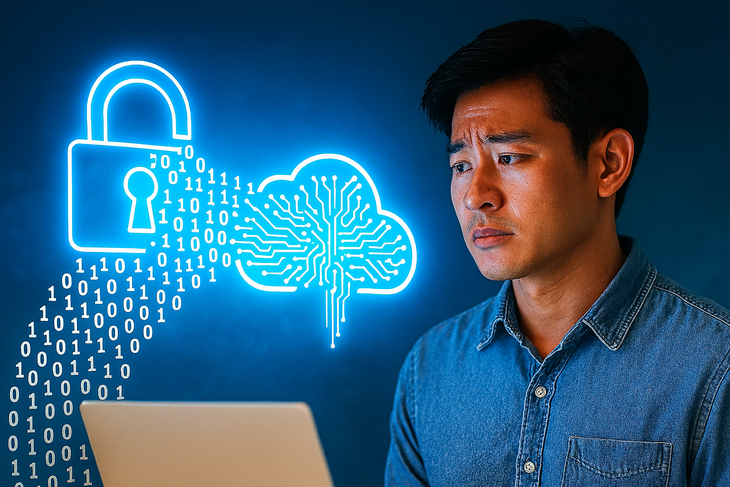
Using AI must ensure safety and security
Around the world, the right to personal data protection has been considered central to AI regulation, with the European Union leading the way with strong regulations such as GDPR and the AI Act.
In Vietnam, Decree 13/2023 on personal data protection has been in effect since 2023, but most users still have little interest in installing or using free AI applications.
In the future, “safe AI” and “secure AI” will become important points of competition, because as privacy becomes more and more important, users will be willing to leave any platform that takes it lightly.
Free is never really free. In the age of AI, personal data is the new currency. The sooner users realize this, the better they can protect themselves from leaving behind unwanted digital footprints.
And perhaps the most important question you need to ask yourself every time you open a free AI app is: what data are you willing to pay for?
Source: https://tuoitre.vn/du-lieu-ca-nhan-cua-ban-dang-troi-di-dau-khi-dung-ai-mien-phi-20250917112031735.htm







![[Photo] Opening of the 14th Conference of the 13th Party Central Committee](https://vphoto.vietnam.vn/thumb/1200x675/vietnam/resource/IMAGE/2025/11/05/1762310995216_a5-bnd-5742-5255-jpg.webp)




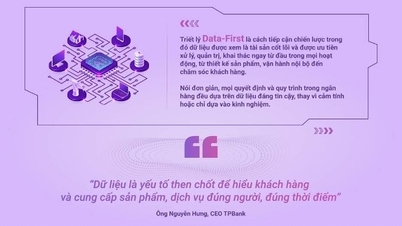
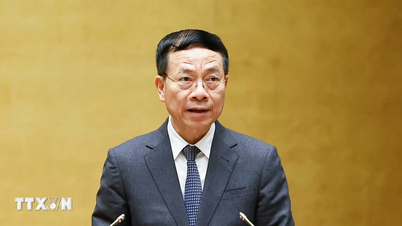




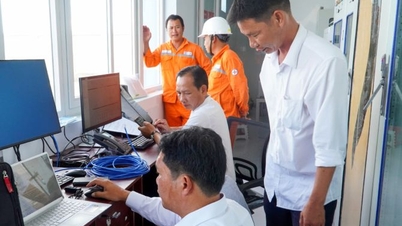
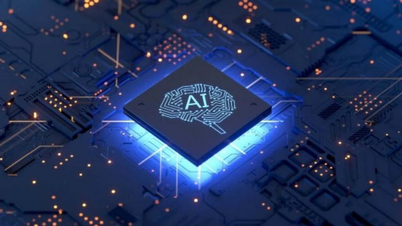





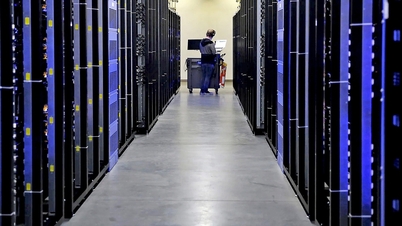






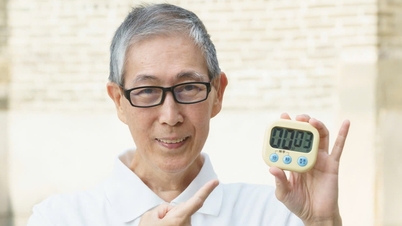
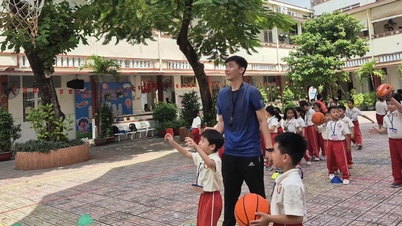
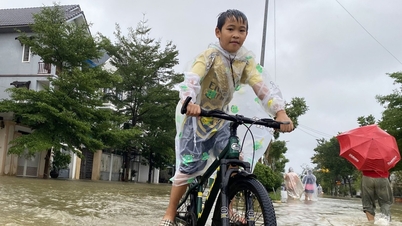
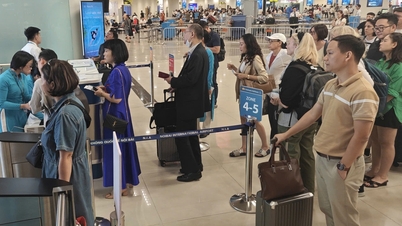

![[Photo] Panorama of the Patriotic Emulation Congress of Nhan Dan Newspaper for the period 2025-2030](https://vphoto.vietnam.vn/thumb/1200x675/vietnam/resource/IMAGE/2025/11/04/1762252775462_ndo_br_dhthiduayeuncbaond-6125-jpg.webp)

































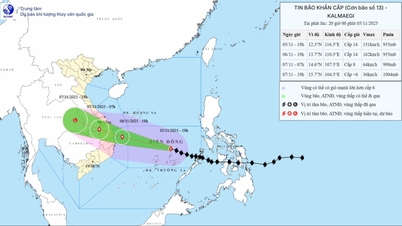















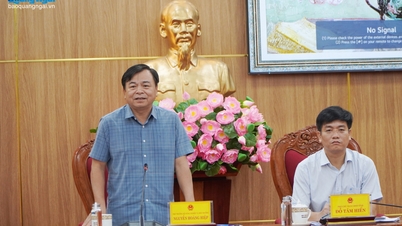





















Comment (0)